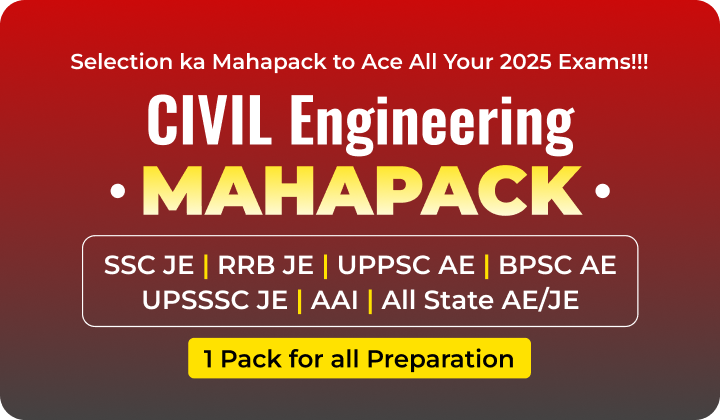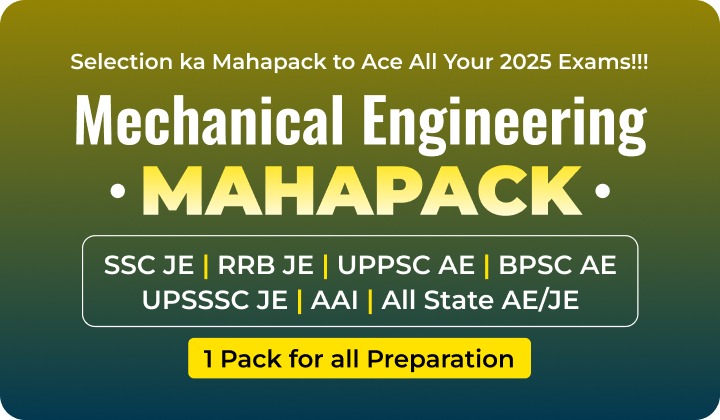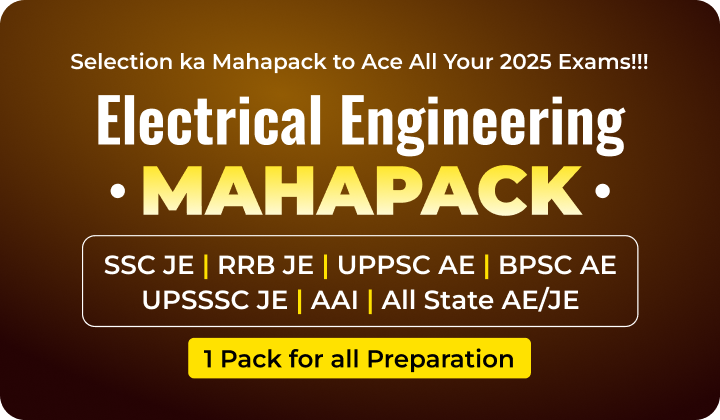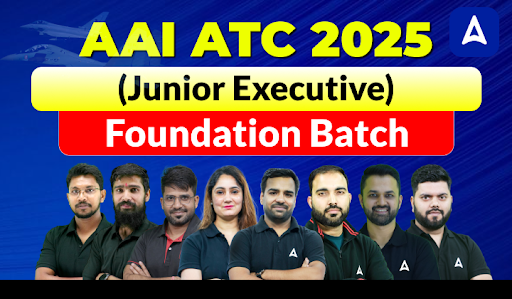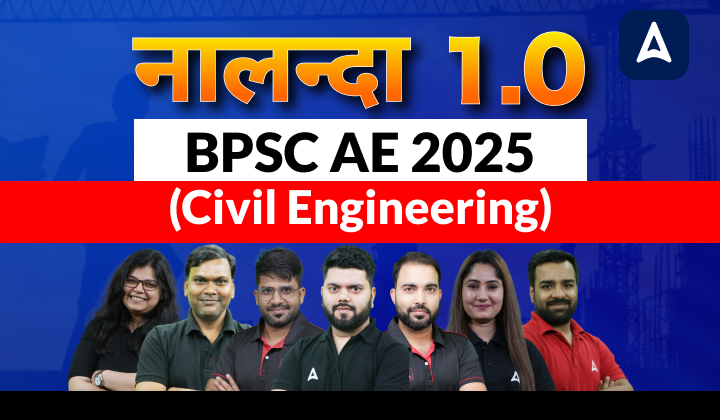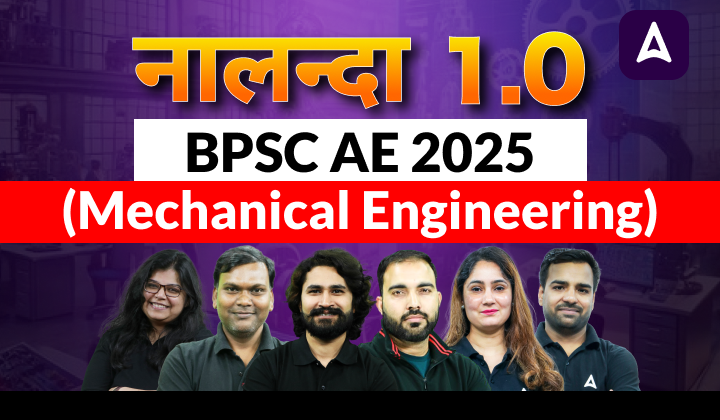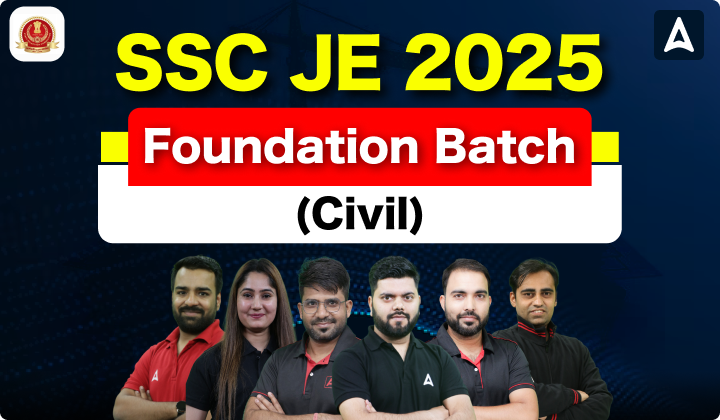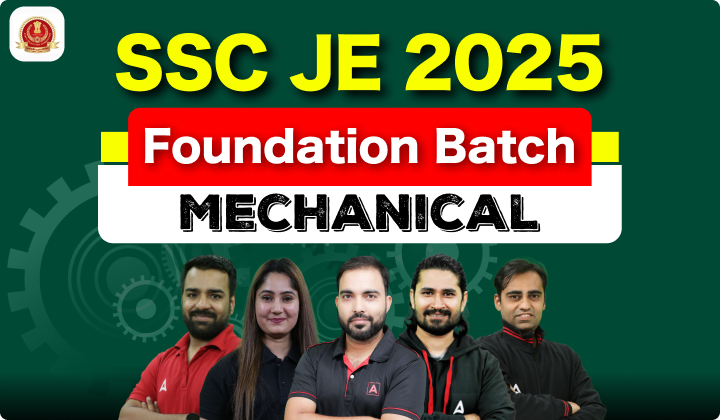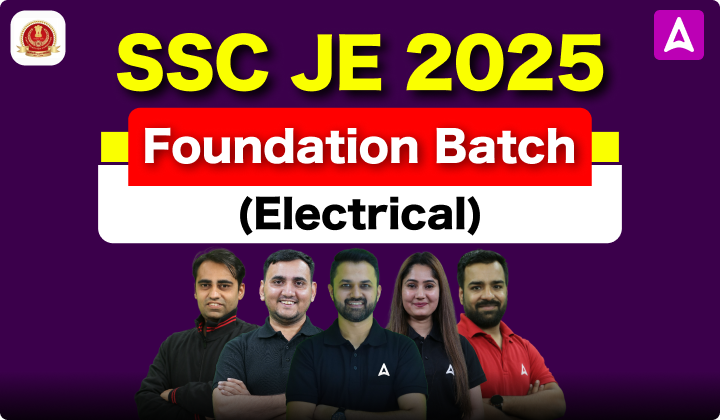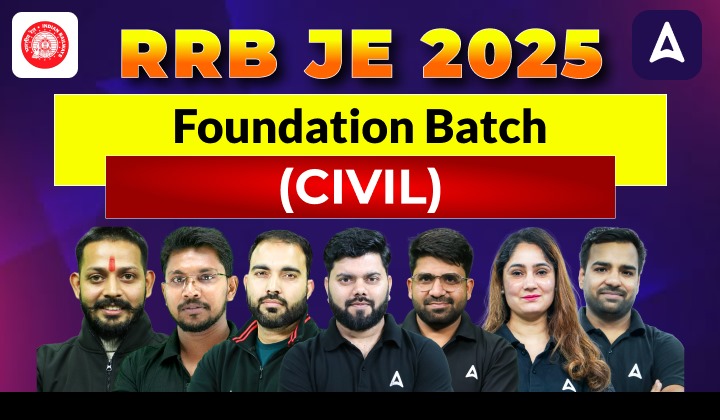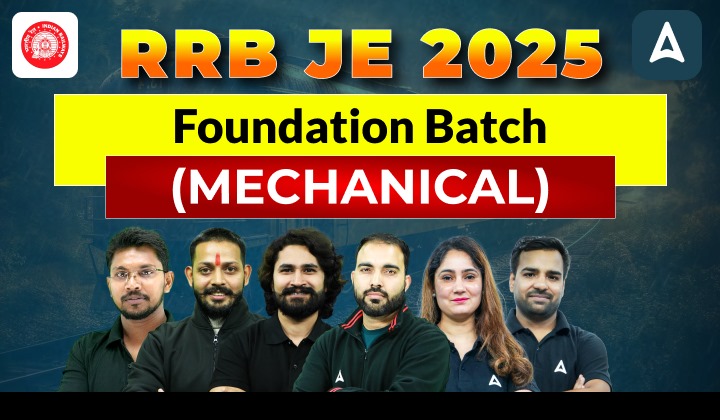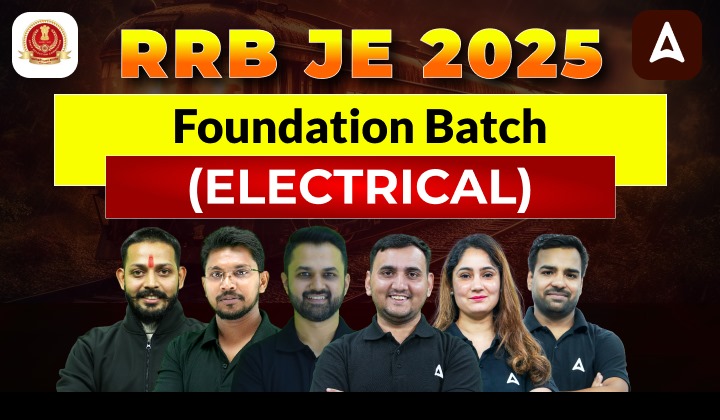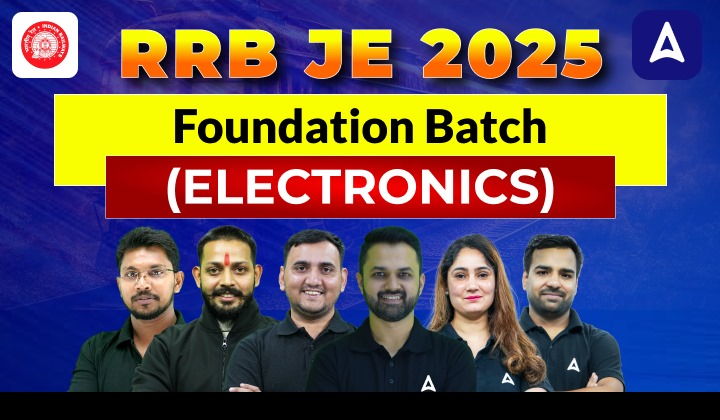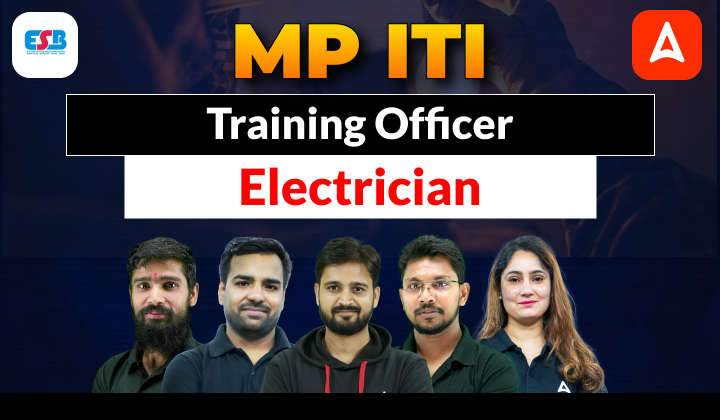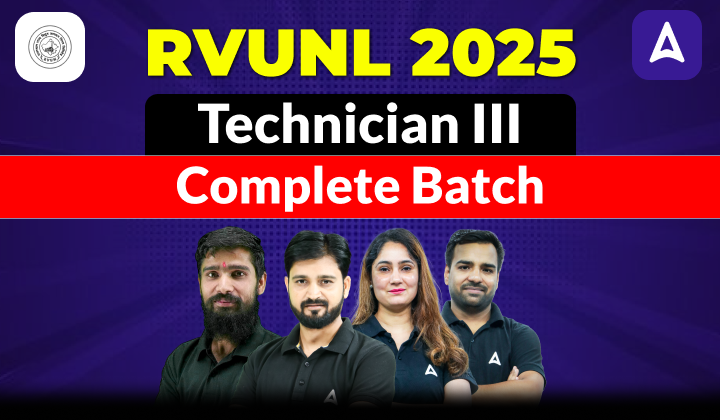Table of Contents
Rajasthan Public Service Commission(RPSC) has released the official notification for Programmer posts on its official website @rpsc.rajasthan.gov.in. As this is a huge vacancy, the aspirants should make a proper study plan from today only as per RPSC Programmer Syllabus 2024. This article consists of a detailed RPSC Programmer Syllabus and Exam Pattern 2024. Read the full article carefully and bookmark this website for the latest updates regarding Engineering Jobs.
RPSC Programmer Syllabus 2024- Key Details
| RPSC Programmer Syllabus 2024 | |
| Organization | Rajasthan Public Service Commission(RPSC) |
| Name of Post | Programmer |
| Number of Vacancies | 352 |
| RPSC Programmer Exam Date | To Be Notify |
| RPSC Programmer Syllabus | Available Here |
| Selection Process | Written Test |
| Official Website | rpsc.rajasthan.gov.in |
RPSC Programmer Exam Pattern 2024
The Rajasthan Public Service Commission(RPSC) will host paper 1 and paper 2 for selecting the eligible candidates as Programmer. The important points related to the RPSC Programmer Exam Pattern 2024 are given below:
- The RPSC Programmer Exam will be held on the same day for both paper 1 and paper 2.
- There will be a total of 200 questions for 1 mark each in RPSC Paper 1 and Paper 2.
- A time duration of 2 Hours will be given to solve the questions in both Paper 1 and Paper 2 respectively.
| RPSC Programmer Exam Pattern 2024 | ||||
| Paper | Name of the Subject | No.of Questions | Maximum Marks | Time Duration |
| Paper 1 | Reasoning | 100 | 100 | 2 Hours |
| Numerical Analysis | ||||
| General Knowledge | ||||
| Data Base Management Systems (DBMS) | ||||
| Data Communication Computer Networks. | ||||
| Paper 2 |
System Analysis and Design (SAD)
|
100
|
100 | 2 Hours |
|
Programming Concepts
|
||||
RPSC Programmer Syllabus 2024 Detailed
The Rajasthan Public Service Commission(RPSC) will conduct the written test for selecting candidates as programmers. The aspirants should check the RPSC Syllabus and prepare every topic rigorously. For a proper understanding of the candidates, a detailed RPSC Programmer Syllabus 2024 is given in this article.
Syllabus For Reasoning and Numerical Analysis
- Problem-Solving.
- Data Interpretation (D.I.).
- Data Sufficiency.
- Logical Reasoning and Analytical Reasoning.
- General Knowledge and Current Affairs relating to India and Rajasthan
Syllabus For Data Base Management Systems (DBMS)
- ER Diagram, Data Models: Relational and Object Oriented Databases.
- Data Base Design: Conceptual Database Design.
- Normalization Primitive and Composite Data Types.
- Concept of Physical and Logical DatabasesData Abstraction and Data Independence, Data Aggregation and Relational Algebra.
- Application Development Using SQL: Host Language Interface, Embedded SQL Programming, Stored Procedures and Triggers and Views, Constraints Assertions.
- Internal of RDBMS: Physical Data Organisation in Sequential, Indexed Random, and Hashed Files.
- Inverted and Multilist Structures, B Trees, B+ Trees, Query Optimisation, Join Algorithm.Transaction Processing, Concurrency Control, and Recovery Management.
- Transaction Model Properties and State Serializability.
- Lock Base Protocols, Two-Phase Locking.
Syllabus For Data Communication Computer Networks.
- Computer Network Architecture, Circuit Switching, Packet And Massage Switching, Network Structure.
- Physical Layer, Data Link Layer, Framing.
- Retransmission Algorithms.Multiple Access and Aloha.
- CSMA/CD and Ethernet.
- High-speed LANs and Topologies.
- Broadcast Routing and Spanning Trees.
- TCP/IP Stack.
- IP Networks and the Internet
- DNS and Firewalls.
- Intrusion Detection and Prevention.
- Transport layer and TCP/IP.
- Network Management And Interoperability
Syllabus For System Analysis and Design
- System Concept: Definition and Characteristics, Elements and Boundaries, Types of System Development Life Cycle, Recognition of Needs, Feasibility Study, PrototypingRole of System Analyst.
- System Planning and Tools Like DFDData Dictionary, Decision Trees, Structured Analysis and Decision Table.
- IPO Charts, Structured Walkthrough, Input Output form Design, Requirement and Classification of Forms, Layout Considerations Form Control.
- Object Oriented Design Concepts and Methods.
- Software Life Cycle, Software Engineering Paradigms.
- System Analysis: Feasibility Study Requirement Analysis, Cost Benefit Analysis, Planning Systems, Analysis Tools and Techniques.
- System Design: Design Fundamentals, Modular Design, Data and Procedural Design, Object Oriented Design.
- System Development: Code Documentation, Program Design Paradigms, Efficiency Consideration.
- Verification, Validation and Testing : Testing Methods, Formal Program Verification, Testing Strategies.
- Software Maintenance: Maintenance Characteristics, Maintainability, Maintenance Tasks and Side Effects.
Syllabus For Programming Concepts
- Introduction: Internet, Java as a Tool for Internet Applications, Byte Code and Its Advantages.
- Object Oriented Programming and Design: Review of Abstraction, Objects, and Other Basics, Encapsulation, Information Hiding, Method, Signature, Classes and Instances, Polymorphism, Inheritance, Exceptions, and Exception Handling concerning Object Modeling, Coupling, and Cohesion in Object-Oriented Software.Object Oriented Design – Process, Exploration and Analysis.
- Java Programming Basics: Variables and Assignments, Input and Output, Data Types and ExpressionsFlow of Control, Local Variables, Overloading Parameter Passing, ‘this’ Pointer, Java Object Oriented ConceptsUse of File for I/O, Formatting Output with stream Functions, Character I/O, Inheritance, Public and Private Members, Constructors for Initializations, Derived ClassesFlow of Control Arrays – Programming with Arrays, Arrays of Classes, Arrays as Function Arguments, Strings, Multidimensional Arrays, Arrays of Strings, Vectors, Base classes.Introduction to JSP, RMI, Java Applets and Servlets.
- Introduction to DotNet Framework and Visual Programming Interface.

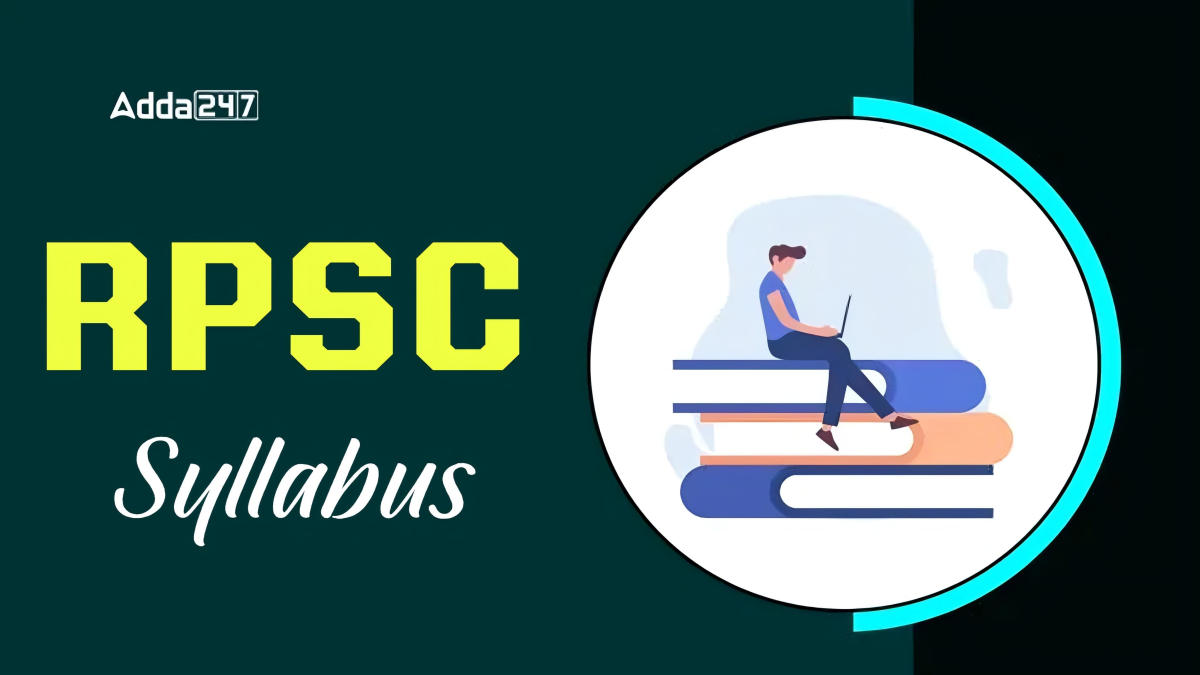


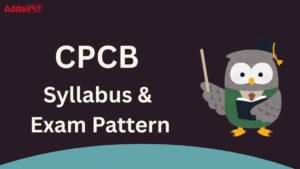 CPCB Syllabus 2025 For Scientist B and O...
CPCB Syllabus 2025 For Scientist B and O...
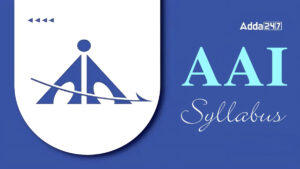 AAI ATC Syllabus & Exam Pattern 2025...
AAI ATC Syllabus & Exam Pattern 2025...
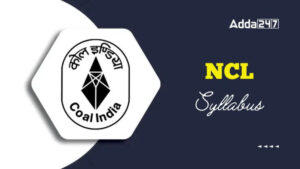 NCL Technician Syllabus 2025, Check Deta...
NCL Technician Syllabus 2025, Check Deta...

